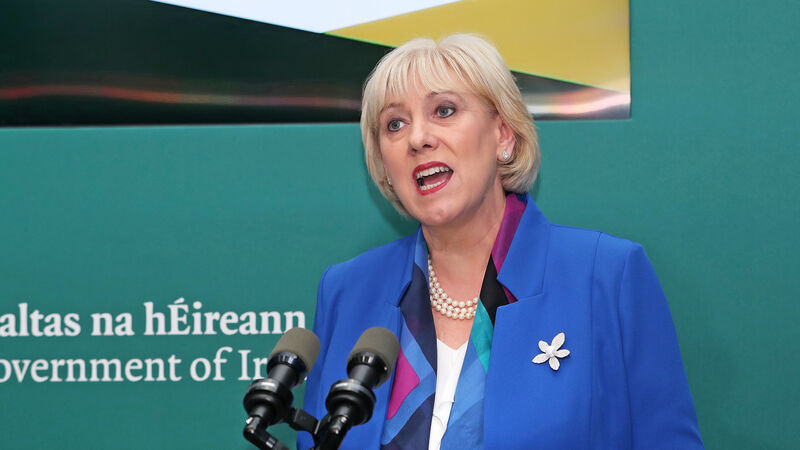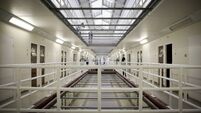PUP numbers start to fall sharply but 363,000 people still require payments

Social Protection Minister Heather Humphreys: 'As the PUP is paid weekly in arrears, the full impact of the re-opening of sectors such as retail will not be evident for a number of weeks to come.' Picture: Julien Behal
The number of people on the Pandemic Unemployment Payment (PUP) has fallen sharply, by 13,500, for the first time as more parts of the economy that were shut down since Christmas start to reopen this week.
However, people laid off from the three biggest areas that have suffered most from the health restrictions, including accommodation and food service, retail, and construction, continue to have large numbers who need the pandemic payments.














